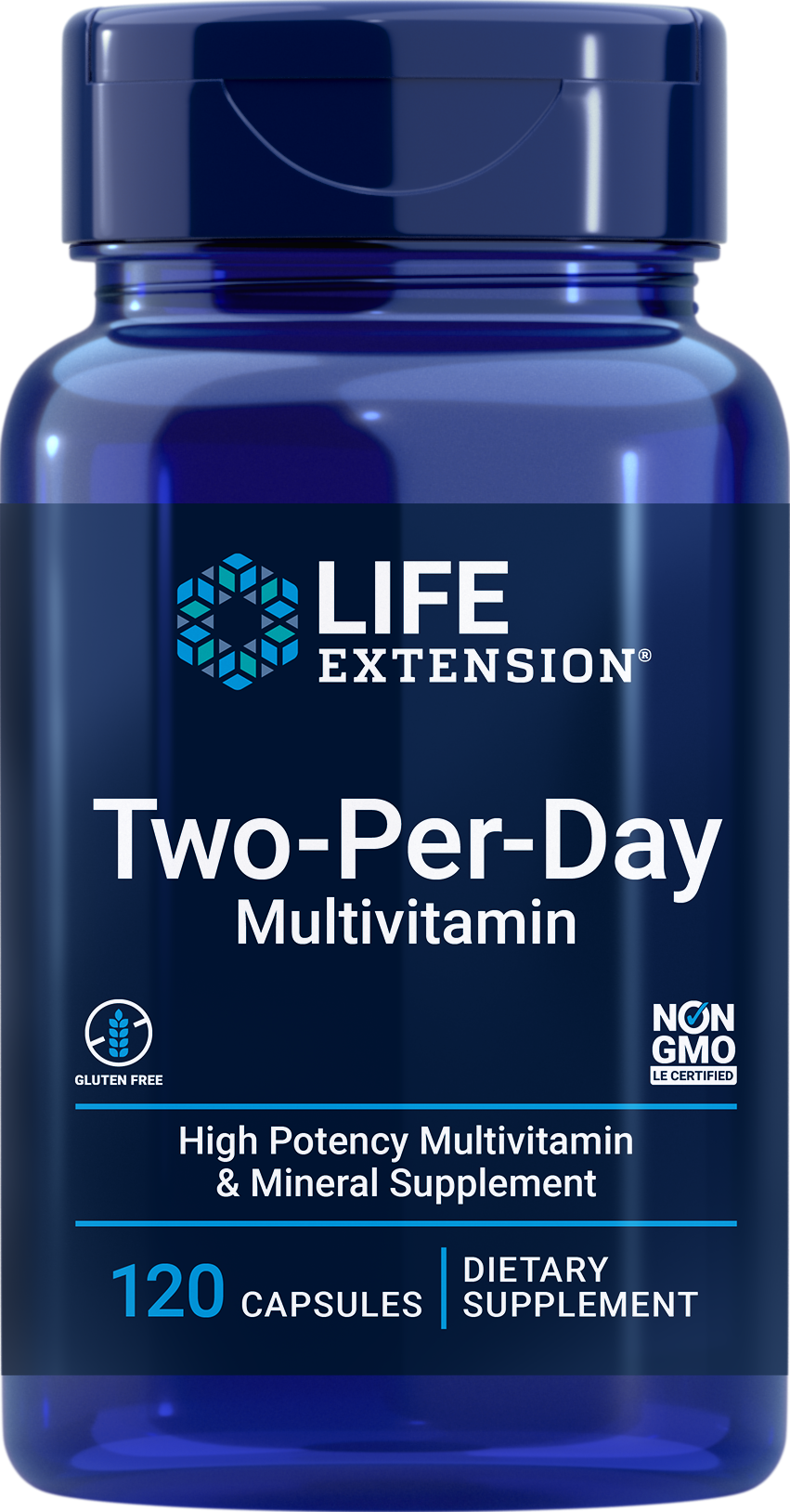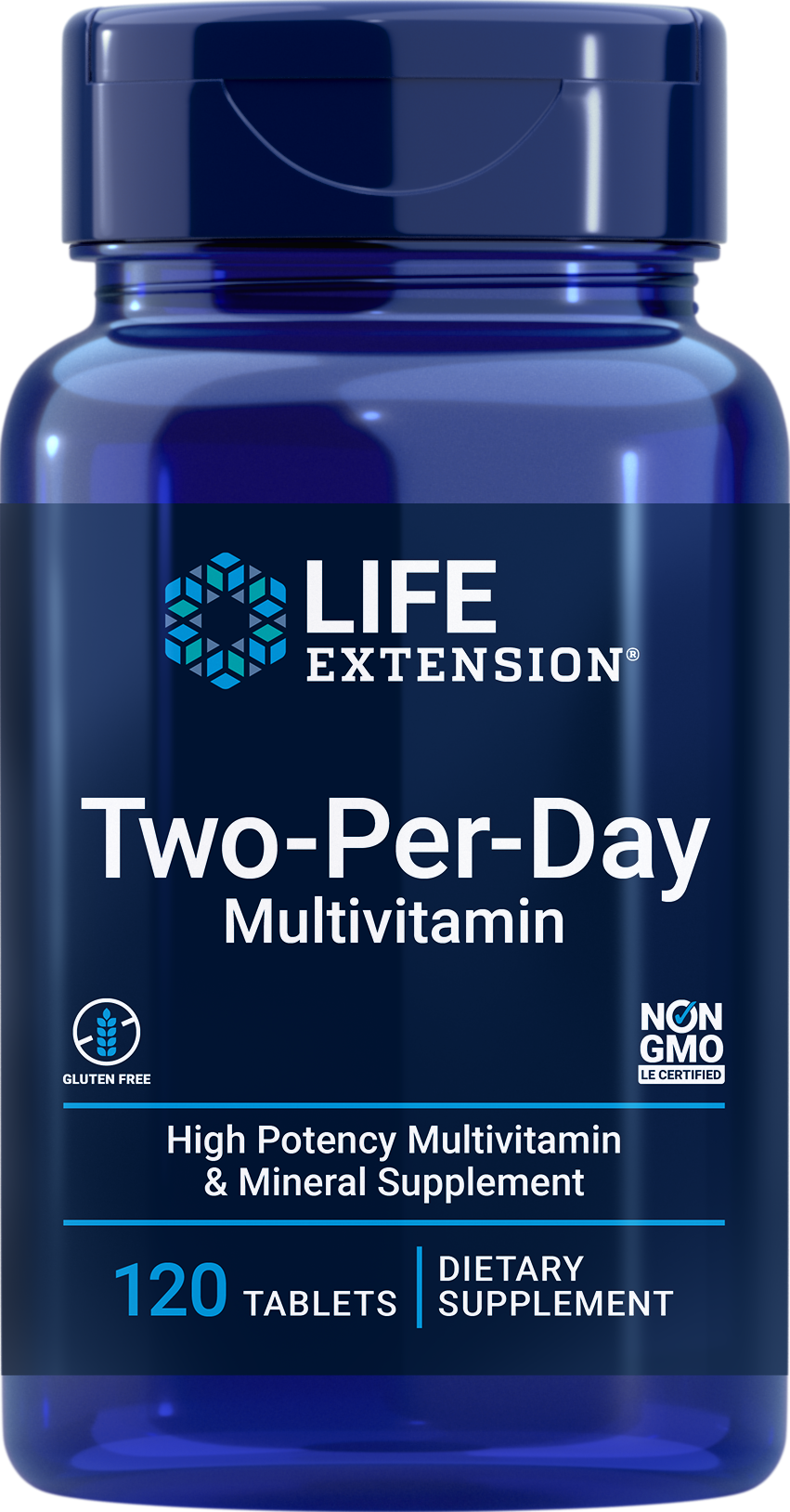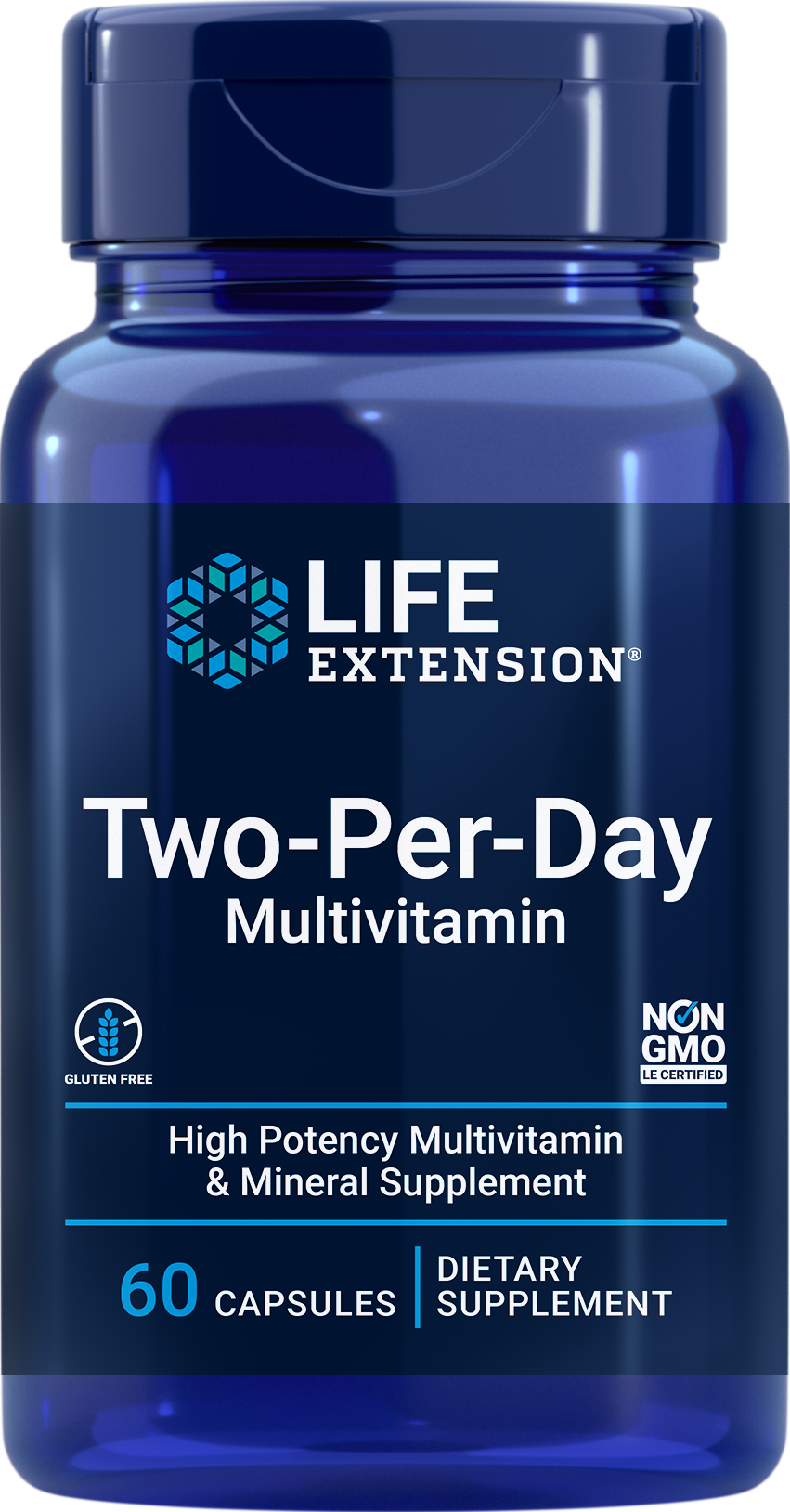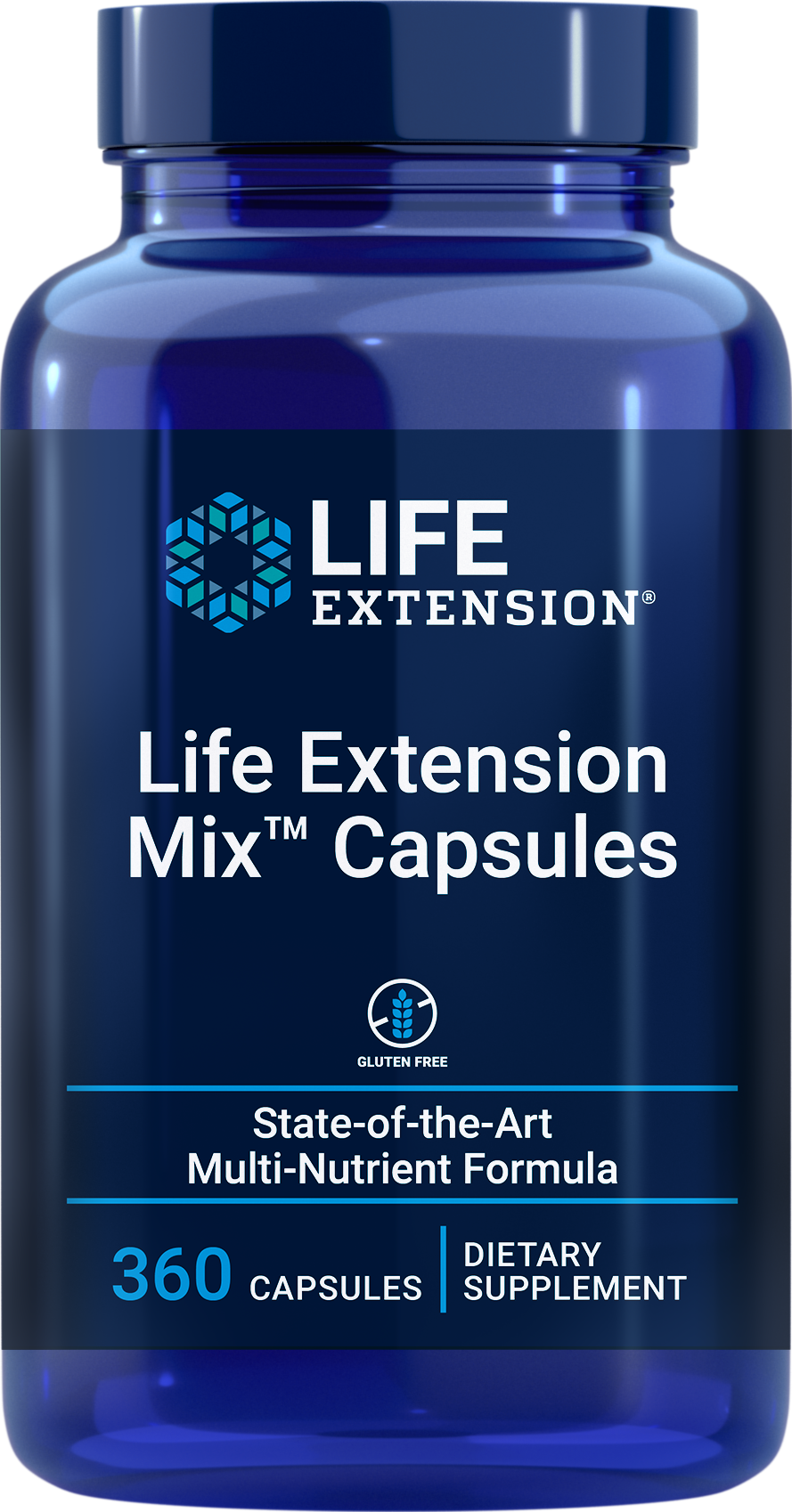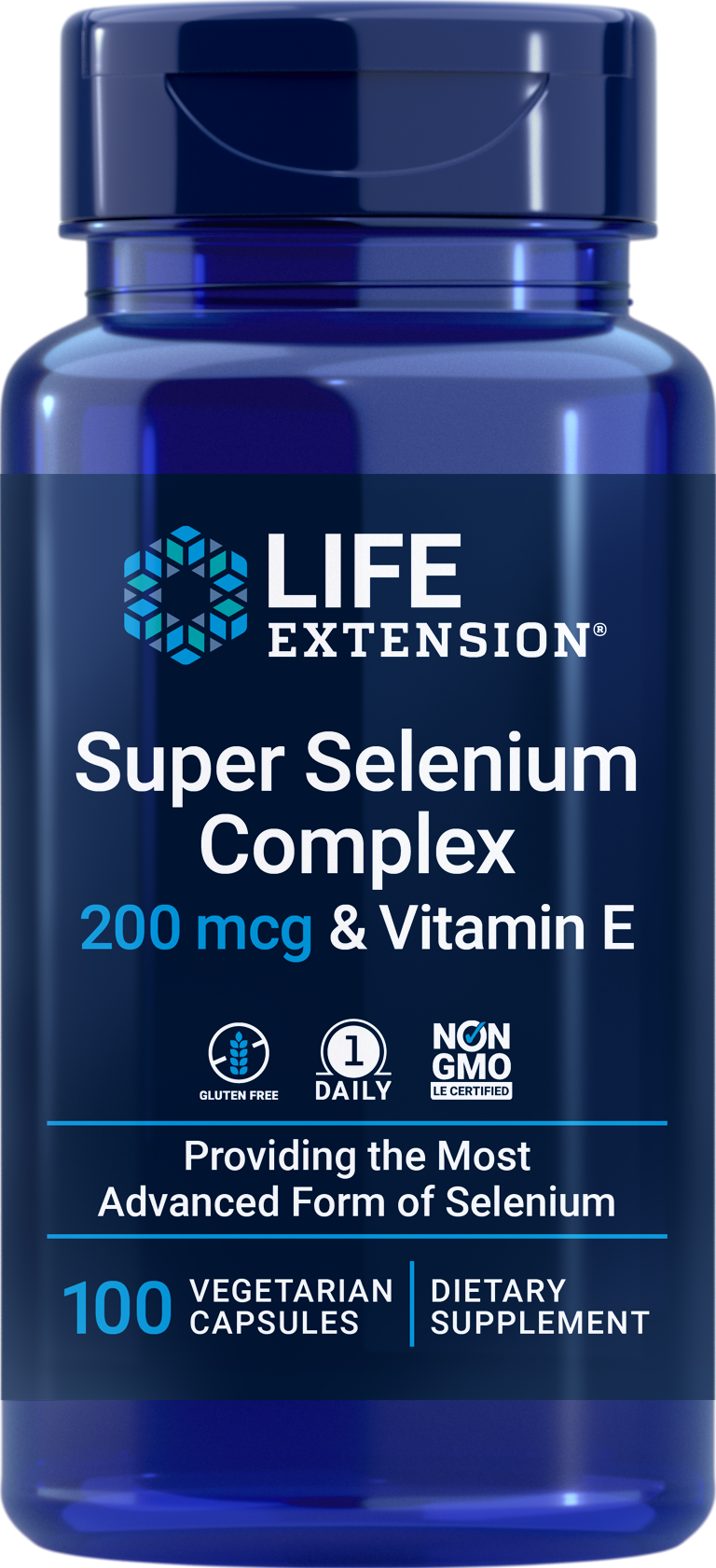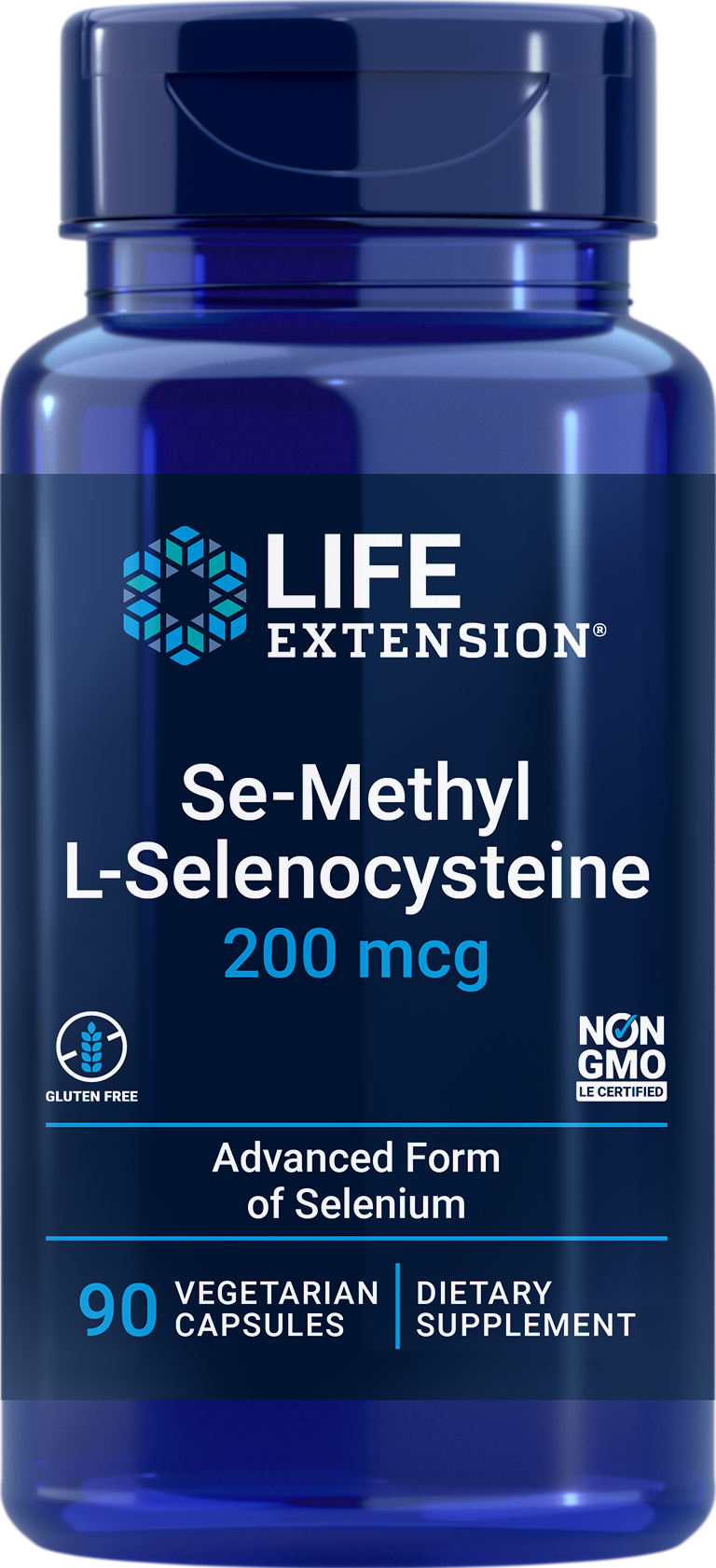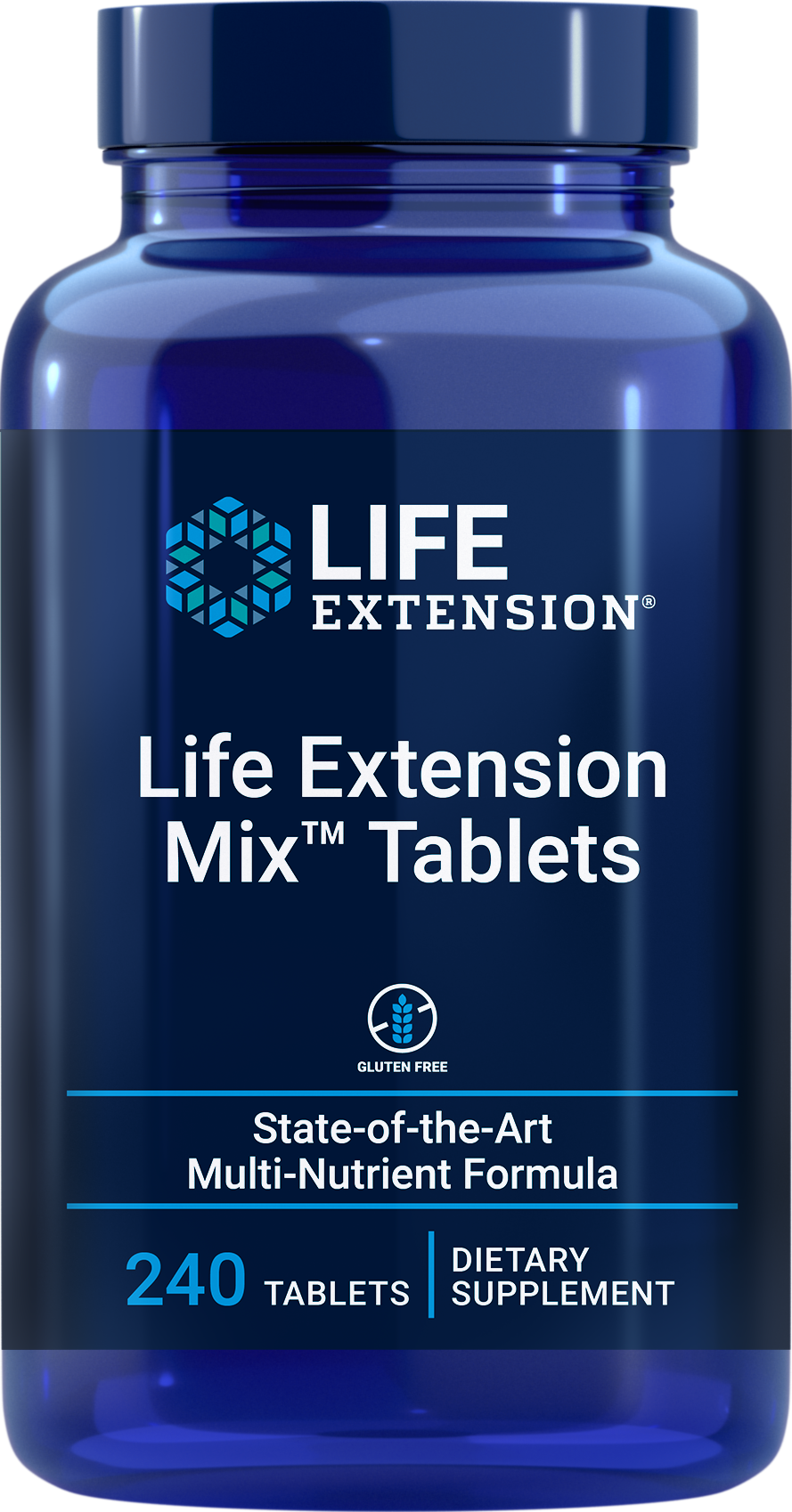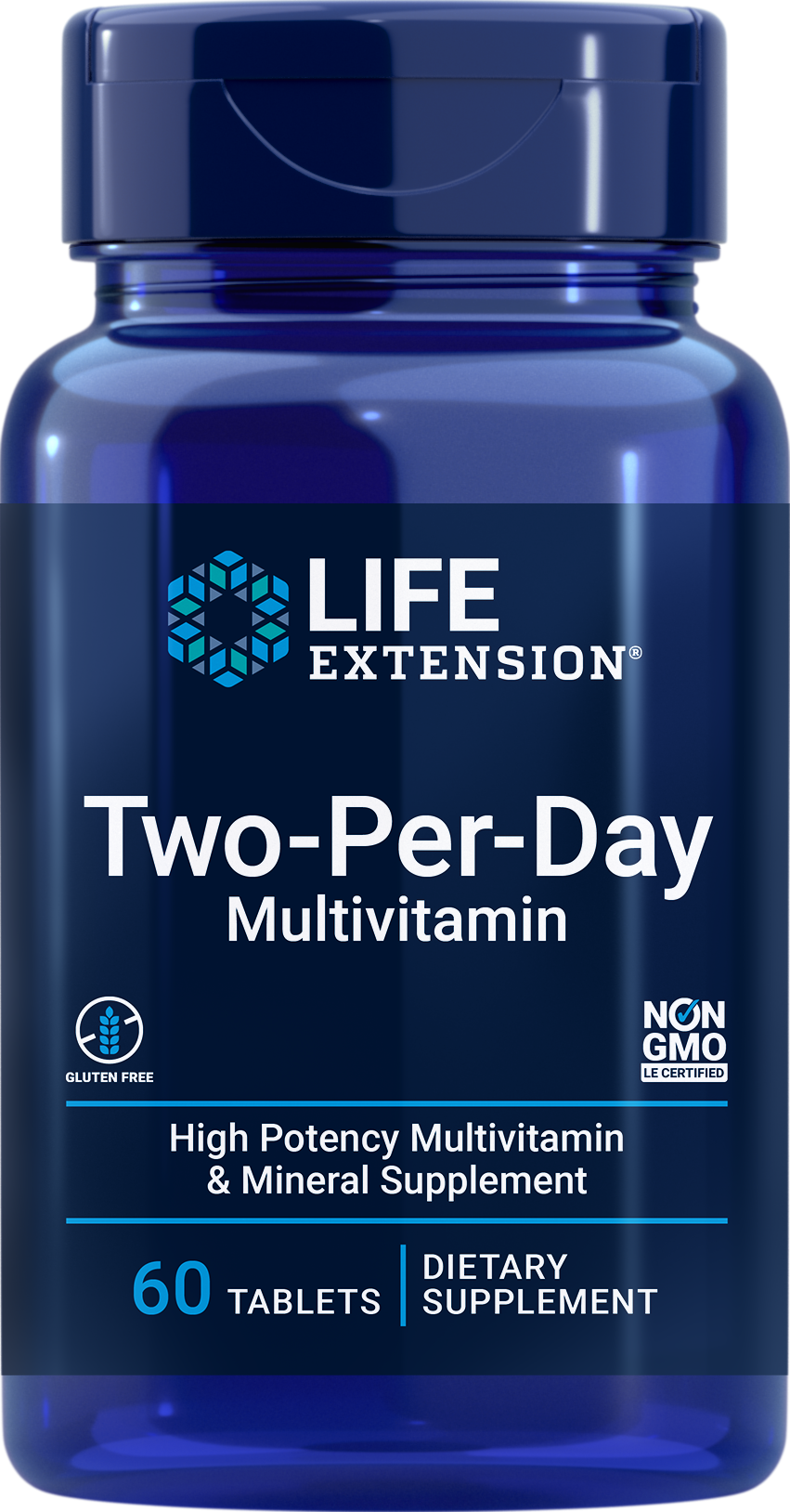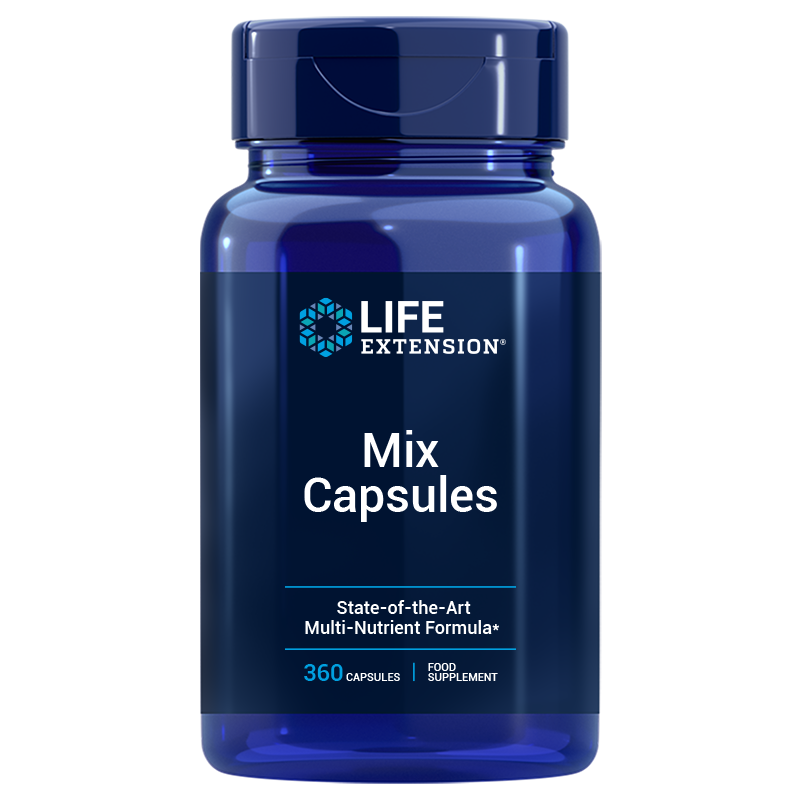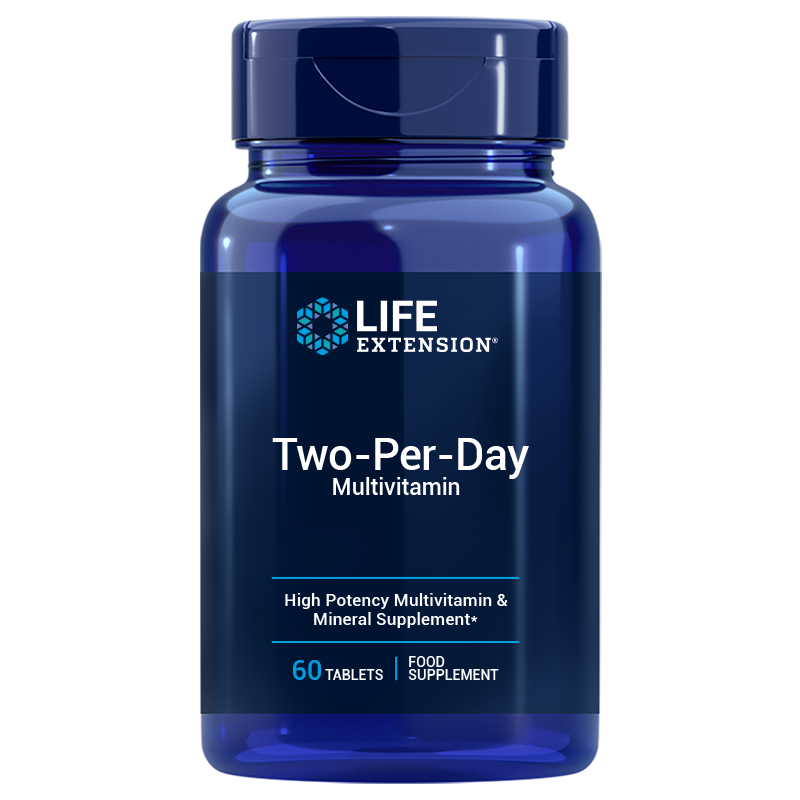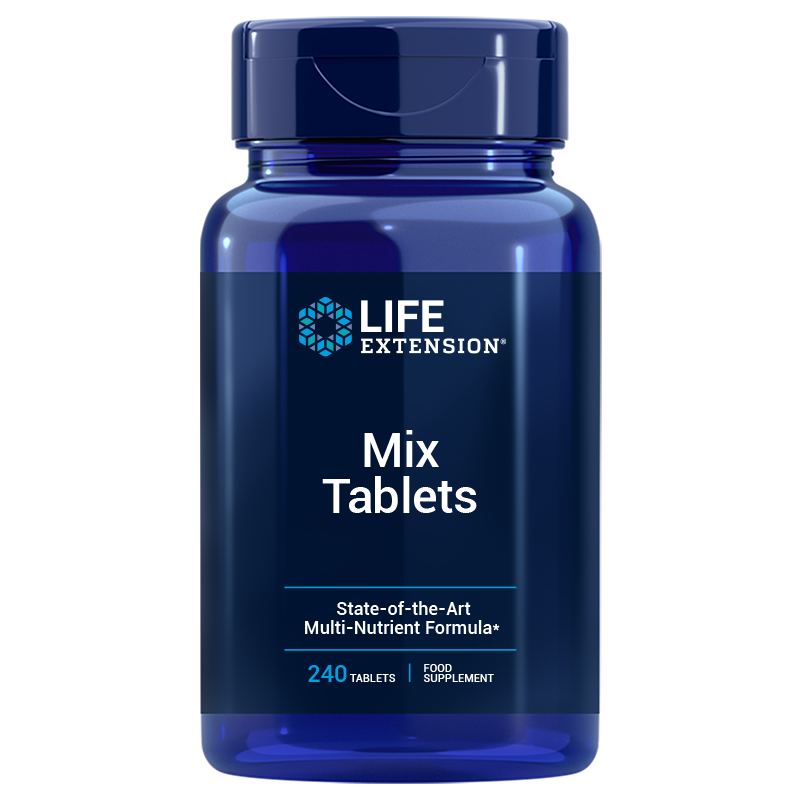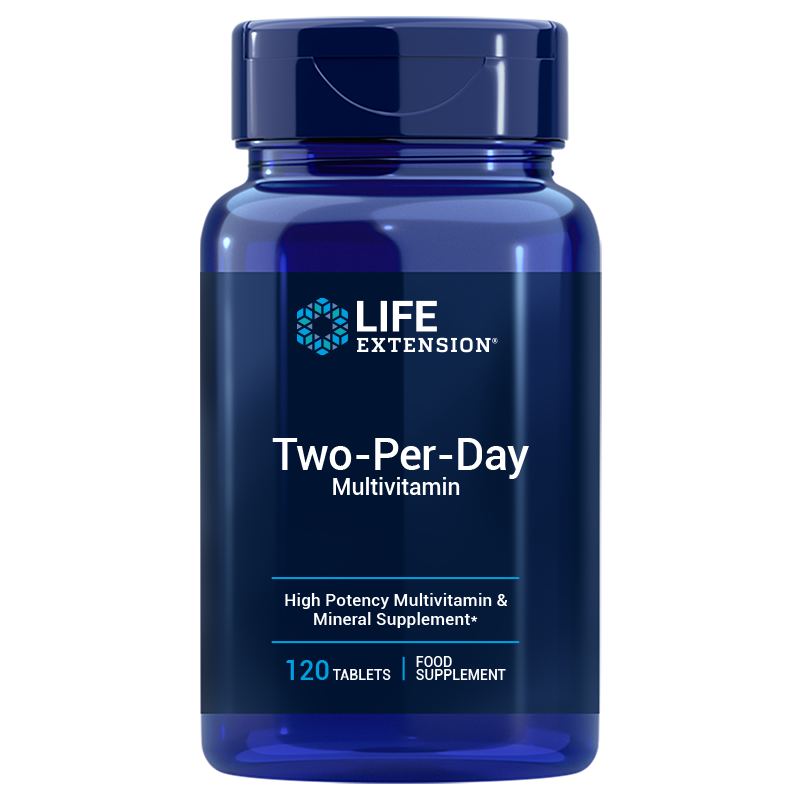
Selenium
When studying a population of individuals aged 90 and above, researchers found that those over 100 years old all had something in common: They had the highest levels of selenium!
This suggests an association between the mineral selenium and longevity.
What is Selenium?
Selenium is an essential micronutrient for human health. In the body, the trace mineral selenium is incorporated into enzymes and other proteins to make more than two dozen vital compounds known as selenoproteins.
Perhaps the best-known selenoprotein is the antioxidant enzyme glutathione peroxidase. Each molecule of glutathione peroxidase requires four selenocysteine units and catalyzes a reaction in which a free radical is scavenged by glutathione.
While the mineral is found in soil, water, and some foods such as Brazil nuts and pinto beans, the amount of selenium that can be obtained from the diet is highly uneven. That is because natural selenium in the soil fluctuates from region to region.
The Benefits of Selenium
By balancing cellular oxidation and reduction (oxidation refers to electron loss and reduction refers to electron gain), glutathione peroxidase and other selenoproteins protect cells and tissues from oxidative damage and support healthy cell function and cell division.
Proper function of enzymes:
Studies show that the seleonproteins can:
- Provide defense against the DNA damage (the major cause of accelerated aging)
- Facilitate removal of toxins from the body
- Support normal thyroid function
- Maintain immune system activity
Reducing risk of death:
Selenium, in combination with other antioxidants, is shown to help reduce risk of death.
In a meta-analysis of 43 studies, researchers found a decreased risk of cardiovascular mortality and all-cause mortality when selenium was included in antioxidant supplement mixtures.
No association was seen when selenium was absent from the mix.
Essential for normal brain function:
Selenium deficiency induces inflammation in the brain, and research shows that people with neurodegenerative disorders have lower selenium levels in their blood and red blood cells than those without neurodegenerative disorders.
In fact, people with low plasma selenium levels have a 58% greater risk of cognitive decline than those with normal levels.
Studies also indicate that, among people who already have Parkinson’s disease, lower selenium blood levels are associated with significantly decreased performance on neurological tests of coordination.
Guard Against Selenium Deficiency
Many people have low levels of selenium because of selenium-deficient soil many places.
Selenium deficiency has been linked to several health risks and leading causes of premature death, including:
- Heart failure
- Cancer
- Immune senescence
- Impaired glucose regulation
- Brain inflammation and pathological lesions
To mitigate the risks associated with selenium deficiency, it is important to ensure an adequate intake of selenium through dietary sources or through supplementation.
Consider using multiple forms of selenium (including Se-methyl L-selenocysteine, L-selenomethionine, and sodium selenite) to obtain comprehensive protection.
Selenium
Out of stock
See recommended product
Out of stock
See recommended product
Out of stock
See recommended product
Out of stock
See recommended product



